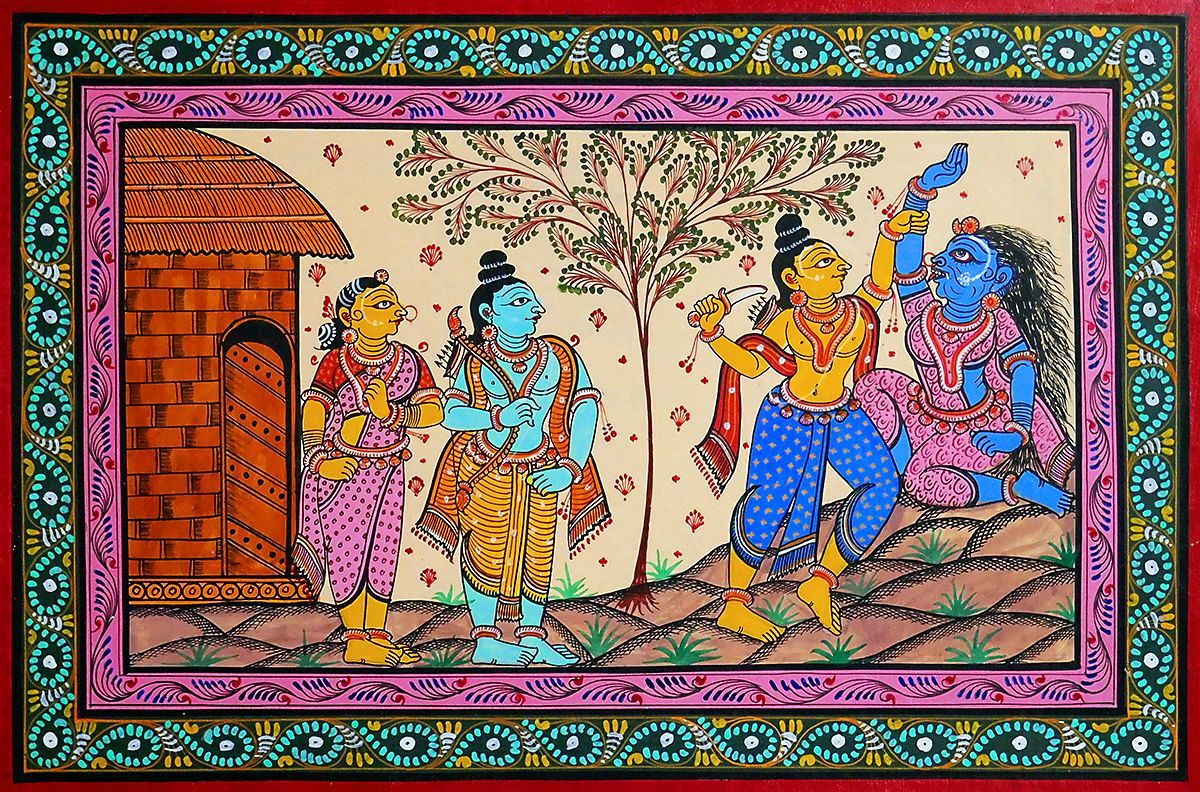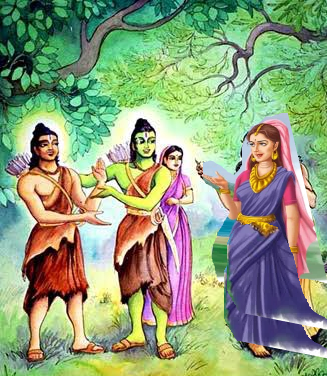Friday, May 31, 2024
Kālidāsa's Raghuvaṃśa 12th Sarga - 37 & 38
Thursday, May 30, 2024
Kālidāsa's Raghuvaṃśa 12th Sarga - 36
Wednesday, May 29, 2024
Kālidāsa's Raghuvaṃśa 12th Sarga - 35
Tuesday, May 28, 2024
Kālidāsa's Raghuvaṃśa 12th Sarga - 34
Monday, May 27, 2024
Kālidāsa's Raghuvaṃśa 12th Sarga - 33
Sunday, May 26, 2024
Kālidāsa's Raghuvaṃśa 12th Sarga - 32
Saturday, May 25, 2024
Kālidāsa's Raghuvaṃśa 12th Sarga - 31
Friday, May 24, 2024
Kālidāsa's Raghuvaṃśa 12th Sarga - 30
Thursday, May 23, 2024
Kālidāsa's Raghuvaṃśa 12th Sarga - 29
Wednesday, May 22, 2024
Kālidāsa's Raghuvaṃśa 12th Sarga - 28
Tuesday, May 21, 2024
Kālidāsa's Raghuvaṃśa 12th Sarga - 27
जय श्रीराम!
Monday, May 20, 2024
Kālidāsa's Raghuvaṃśa 12th Sarga - 26
जय श्रीराम!
Sunday, May 19, 2024
Kālidāsa's Raghuvaṃśa 12th Sarga - 25
जय श्रीराम!
Saturday, May 18, 2024
Kālidāsa's Raghuvaṃśa 12th Sarga - 24
जय श्रीराम!
Friday, May 17, 2024
Kālidāsa's Raghuvaṃśa 12th Sarga - 23
जय श्रीराम!
Thursday, May 16, 2024
Kālidāsa's Raghuvaṃśa 12th Sarga - 22
जय श्रीराम!
Wednesday, May 15, 2024
Kālidāsa's Raghuvaṃśa 12th Sarga - 21
जय श्रीराम!
Tuesday, May 14, 2024
Kālidāsa's Raghuvaṃśa 12th Sarga - 20
जय श्रीराम!
शैशवेऽभ्यस्तविद्यानां यौवने विषयैषिणाम् ।वार्द्धके मुनिवृत्तीनां योगेनान्ते तनुत्यजाम् ॥ १-८॥Translation (by M.R. Kale): The Raghus spent their boyhood in the study of letters, enjoyed pleasures in their youth, led an anchorite’s (ascetic) life in their old age, and finally resigned their bodies through yoga (i.e. fixing their minds in meditation upon the supreme spirit).
So the Ikṣvāku princes grew up in a world of learning before reaching adulthood. They spent the prime of their adult life running the country, while enjoying royal luxuries. They then voluntarily retired to the forest when it was time to hand over the responsibilities to the next generation. This was the Dharmic way.
This was all completely upset in the present instance. What happened here, in Śrīrāma's case? For no fault of his, he was banished to a life of utter hardship, danger and discomfort in the jungle. Kālidāsa says that Śrīrāma lived the life of a hermit adjusting to the forest life, spending his youth with all the self-abnegation and austerity as the Ikṣvāku kings did after they had retired to spend their last years in the forest. This was the life that Śrīrāma shared with both Sītā and Lakṣmaṇa. So the only part of Ayodhyā that accompanied the three to the forest was their mutual devotion and unshakable support to face all hardships.
Kālidāsa also says that Śrīrāma lived in peace - the ultimate test of fortitude and dispassion for someone thrown into the jungle for no fault of his!
Monday, May 13, 2024
Kālidāsa's Raghuvaṃśa 12th Sarga - 19
जय श्रीराम!
Sunday, May 12, 2024
Kālidāsa's Raghuvaṃśa 12th Sarga - 18
जय श्रीराम!
Saturday, May 11, 2024
Kālidāsa's Raghuvaṃśa 12th Sarga - 17
जय श्रीराम!
Friday, May 10, 2024
Kālidāsa's Raghuvaṃśa 12th Sarga - 16
जय श्रीराम!
Thursday, May 9, 2024
Kālidāsa's Raghuvaṃśa 12th Sarga - 15
जय श्रीराम!
Wednesday, May 8, 2024
Kālidāsa's Raghuvaṃśa 12th Sarga - 14
जय श्रीराम!
ससैन्यश्चान्व्गाद्रामं दर्शितानाश्रमालयैः ।



















